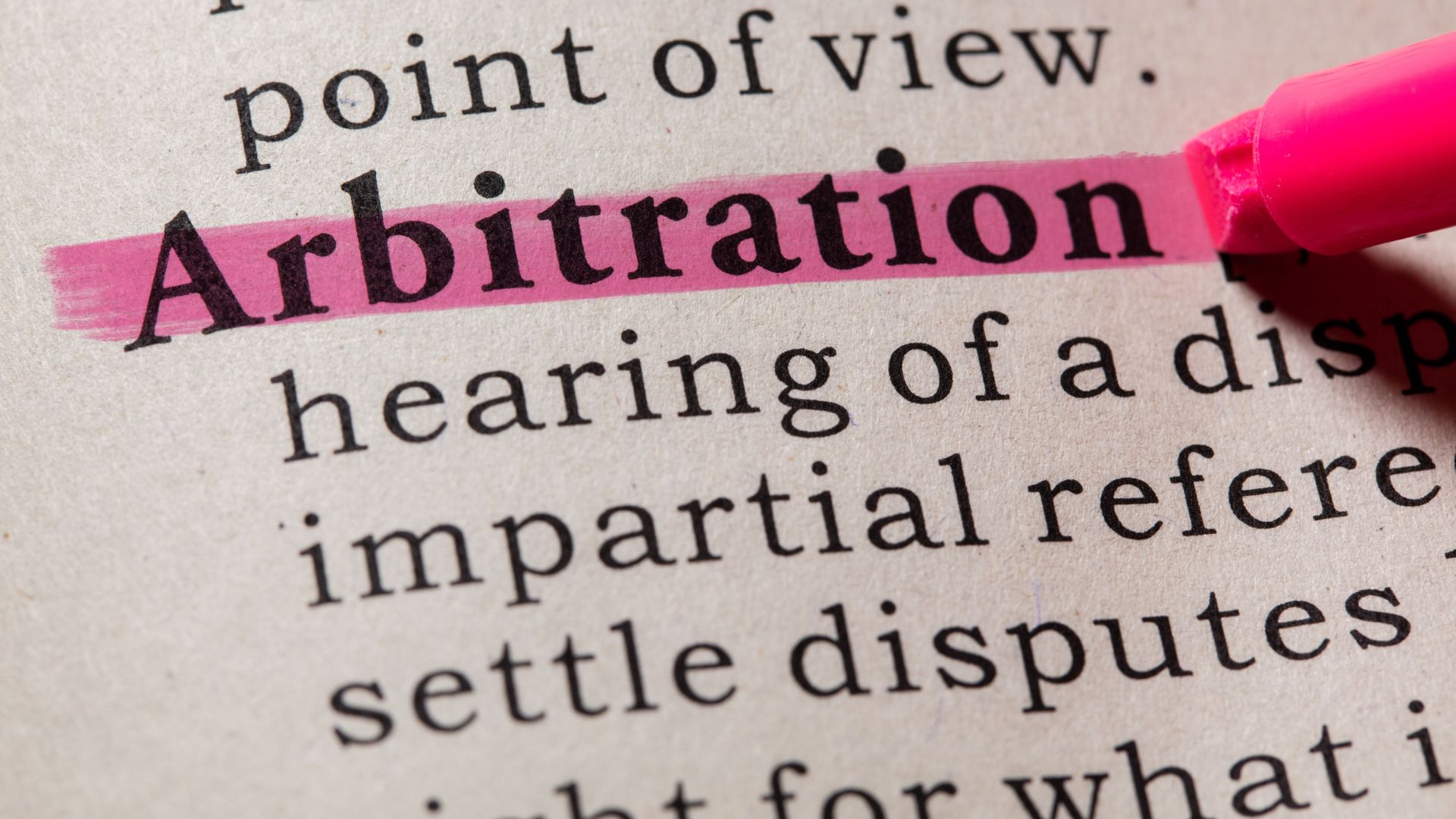Understanding the arbitration procedure and its linguistic issues
When you're involved in international arbitration, every legal document becomes strategic. Among them, the arbitral procedure —which governs the conduct of the dispute, deadlines, rules of evidence, and the jurisdiction of the arbitrators—requires special attention. Translating it is not a simple linguistic process. It must accurately reflect technical terms, legal expressions, and concepts specific to different legal systems.
In an environment where several jurisdictions, languages and legal traditions meet, a translation error can cause misunderstandings with serious consequences, or even the invalidation of an arbitration decision.
A fundamental document in international arbitration
Arbitration proceedings act as a legal foundation: they delimit the scope of the dispute and ensure a balance between the parties. This is why they are systematically examined by national courts when an arbitration gives rise to the recognition or enforcement of an award.
It can be used to:
- assert your rights before a foreign tax authority , when a tax dispute is based on an arbitration clause,
- demonstrate the regularity of the process in a dispute with a foreign co-contractor , for example in the context of a distribution contract submitted to the ICC,
- ensure the recognition and enforcement of the award before a foreign court , in accordance with the New York Convention of 1958.
💡 Concrete example : A law firm represented a French company in a dispute against a Canadian company under the LCIA Regulation. The arbitral proceedings had to be translated into English and Spanish because the assets in question were located in Mexico. An approximate translation would have compromised the enforcement of the award before the local judge.
A precise and codified legal terminology
Every word counts. The term "procedure" in French, for example, can be translated into English as proceedings , rules , or procedure , depending on the context. Terminological precision is essential to avoid misinterpretation. The translator must also take into account:
- rules specific to the arbitration institution (ICC, LCIA, ICSID, etc.),
- multilingual lexicons sometimes imposed,
- deadlines, measures or concepts typical of each legal system,
- elements of comparative law which influence the interpretation of the text.
This level of requirement requires much more than a good level of language: it presupposes in-depth legal training and a perfect mastery of arbitration law.
Why use a specialized legal translator?
You have probably already noticed that a general translator or an automatic tool is not sufficient for complex legal documents. In the case of arbitration proceedings , the risks are increased:
- misinterpretation of time limits or remedies,
- alteration of the legal meaning of sensitive clauses,
- loss of credibility before institutions.
An experienced legal translator understands the law, your issues, and the nuances specific to each jurisdiction. They are also able to ensure consistency across all case documents, including arbitration agreements, briefs, supporting documents, and the award.
Legal 230's expertise in the translation of arbitral proceedings
At Legal 230, we translate documents related to international arbitration proceedings every week, including commercial disputes, investor-state disputes, and construction and energy disputes. Our specialist translators work for both law firms and legal departments dealing with multi-jurisdictional proceedings.
Our team knows how to identify implicit doctrinal or jurisprudential references, reformulate a complex clause without altering its legal force, and harmonize all the documents in a case, regardless of the languages involved.
A recent case? The complete translation of ad hoc arbitration rules into English and German for a French company sued in Switzerland. Thanks to a faithful rendition of the procedural framework, the court was able to rule on jurisdiction without delay.
Choose legal security
If you need to translate an arbitration proceeding , don't take any chances. This document is much more than just a regulation: it embodies your defense strategy. Entrust this work to a team that understands your requirements and speaks your language. Legal 230 supports you in your international arbitrations with rigor and responsiveness.
👉 Contact us today to get a personalized quote and guarantee the quality of your legal translations in the context of an arbitration procedure.

